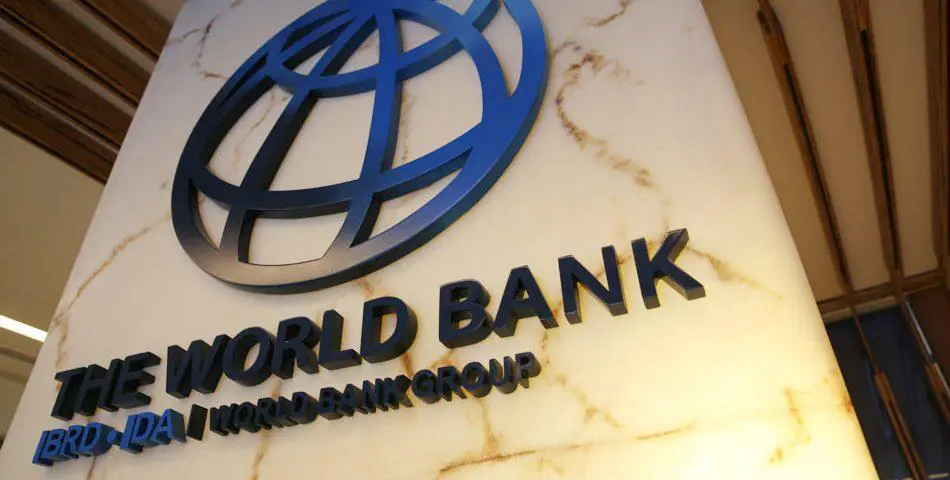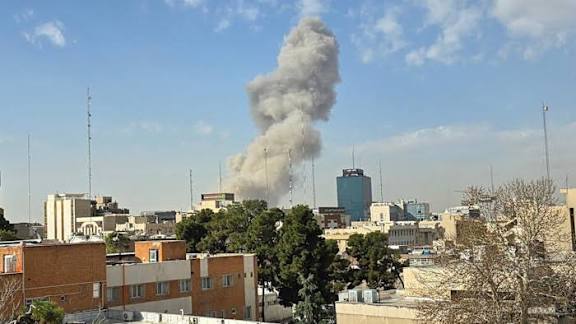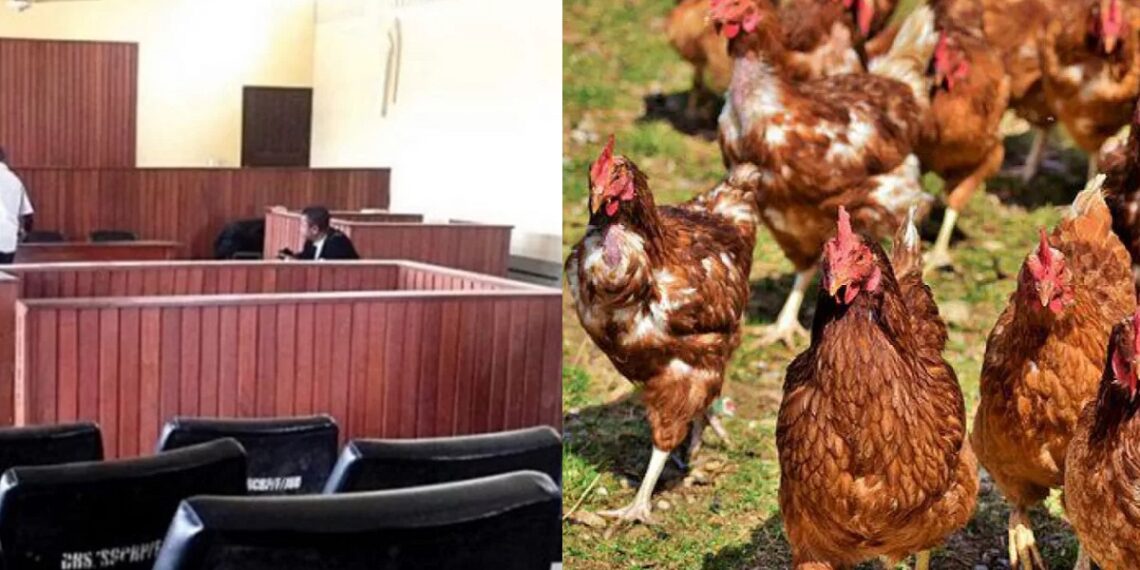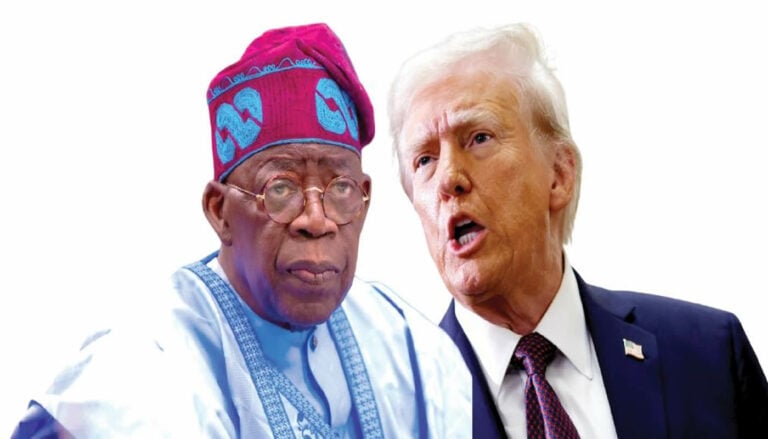VOICE AIR MEDIA News Update
THE World Bank has approved a fresh $500 million loan for Nigeria to help improve the livelihood of women in Nigeria.
Disclosing this in a statement, the World Bank said, “The World Bank has approved $500 million for Nigeria for Women Program Scale Up (NFWP-SU). The scale-up financing will further support the government of Nigeria to invest in improving the livelihoods of women in Nigeria.
“The NFWP-SU will help to ensure better economic opportunities for women which is essential for addressing gender inequality; guaranteeing better education, health, and nutrition outcomes for families; and building women’s and communities’ resilience to climate change.”
According to the World Bank, women’s empowerment is essential to their ability to build resilience to climate change and, by extension, the resilience of their households and communities.
It noted that by building assets, women can better respond to family needs and mitigate risks and the effects of climate and other shocks on livelihoods, adding that Gender mutilation disparities in earnings hold back the Nigerian economy.
Shubham Chaudhuri, World Bank Country Director for Nigeria, was quoted as saying, “We have seen promising outcomes from the parent NFWP which has helped to create economic opportunities for thousands of rural women through the Women Affinity Groups. NFWP’s model is helping to improve livelihood opportunities for women and enhancing their capacity to adapt to climate change and participating in local administrations for policymaking related to community empowerment.
“closing the gender gap in key economic sectors could yield gains of between $9.3 billion and $22.9 billion, we are optimistic that this scale-up will help Nigeria to move closer to bridging this gap.”
Task Team Leader for Nigeria for Women Project, Michael Ilesanmi, was also quoted as saying, “The Program aims to mobilize poor and vulnerable women into different institutions and, using these institutional platforms, link them to markets as well as financial and non-financial services. Through participation in Women Affinity Groups, project beneficiaries build social capital that can then be leveraged to access financial, political, and economic capital–thus leading to both social and economic empowerment.”
The statement further noted that the NFWP has been implemented in six states and provides support to over 427,887 WAG members through the formation and strengthening of 20,506 of these groups.
It added that in about two years, these WAGs have saved about NGN 4 billion ($8.9 million equivalent) with a significant percentage of these funds in circulation as loans at any given time. So far, 835,573 community members have benefited from the NFWP through different interventions.




